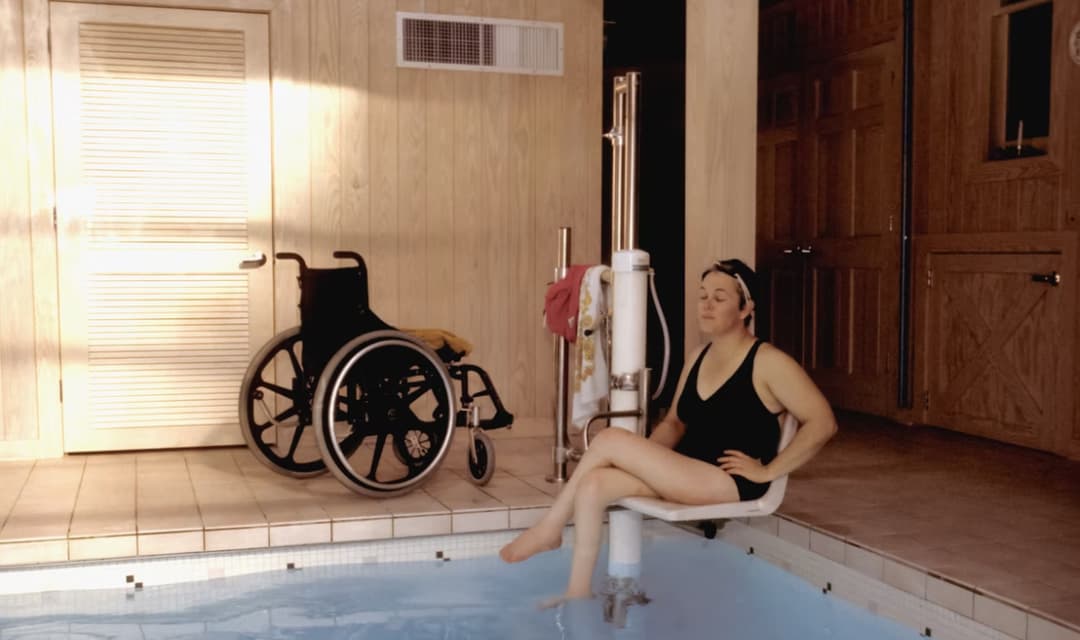Millions of Americans are unable to work due to health reasons. This can be a very difficult time, both emotionally and financially. However, there are ways that you can legally tackle this situation and get the help that you need. In this blog post, we will discuss some of the options available to you. We will also provide information on how to apply for disability benefits and Social Security Disability Insurance (SSDI). So, if you are unable to work due to health reasons, please keep reading!
1. What to do if you can’t work due to health reasons
To many of us, work is a huge part of our lives. It’s how we define ourselves and our place in society. It’s a big source of income and provide stability for our families. So when health problems arise and we’re unable to work, it can be a very difficult and scary time.
There are, however, some things you can do to help ease the financial burden and stress of being unable to work. Here are a few suggestions:
-Apply for disability benefits through Social Security. You may be eligible for these benefits if you have a medical condition that prevents you from working and is expected to last at least one year or result in death.
-Look into private disability insurance. If you have this type of coverage through your employer or an individual policy, it can provide much-needed income while you’re unable to work.
-File for unemployment benefits. While these benefits are typically reserved for those who lose their job, in some states you may be able to receive them if you’re unable to work due to a medical condition.
-If you have a health savings account (HSA) or flexible spending arrangement (FSA), use those funds to cover medical expenses.
-Talk to your creditors. Many companies are willing to work with you if you’re having trouble making payments due to a temporary loss of income.
2. How to apply for disability benefits
When you can no longer work because of a physical or mental impairment, you may be eligible for disability benefits from the federal government. The Social Security Administration (SSA) pays two types of benefits: Social Security Disability Insurance (SSDI) and Supplemental Security Income (SSI).
To qualify for SSDI, you must have worked long enough and recently enough under Social Security to earn the required amount of work credits. Work credits are based on your total yearly wages or self-employment income.
You can earn up to four credits each year. The number of work credits you need to qualify for benefits depends on your age and when you become disabled. Generally, you need 40 credits, 20 of which were earned in the last decade ending with the year you become disabled.
However, younger workers may qualify with fewer credits. If you become disabled before completing 25 years of work, you need six credits earned in the three-year period ending when your disability starts.
3. What to do if your disability application is denied
As discouraging as it may be to receive a denial for your disability application, all is not lost. You have the right to appeal the decision made about your case, though the process can be complex and time-consuming. It’s important that you carefully review the reason(s) for the denial so that you can address them in your appeal. Moreover, social security disability appeal lawyers can help you navigate the often-difficult appeals process. So, if your application has been denied, don’t give up – you still have options.
4. How to appeal a disability denial decision
When you receive a denial for your long-term disability insurance claim, it can be devastating. It may feel like all hope is lost, but that’s not the case. You have the right to appeal the decision made by the insurance company.
There are three levels of appeals:
First Level Appeal: This is when you request a review of the original decision made by the insurance company.
Second Level Appeal: This is when you request a review of the first level appeal decision made by the insurance company.
Third Level Appeal: This is when you file a lawsuit against the insurance company.
The appeals process can be long and frustrating, but it’s important to remember that you have the right to appeal the decision made by the insurance company.
5. What are the chances of being approved for disability benefits?
Even if you have a strong case, there’s no guarantee that you’ll be approved for disability benefits. The Social Security Administration (SSA) is notoriously tough when it comes to awarding benefits, and the entire process can take several months – or even years.
If your claim is denied, don’t give up. You have the right to appeal the decision, and many people are eventually approved after going through the appeals process.
There are a few things you can do to increase your chances of being approved for disability benefits:
-Make sure you have all the necessary documentation. This includes medical records, test results, and any other relevant information.
-Work with an experienced disability attorney. A good attorney will know how to put together a strong case and present it in the most favorable light possible.
-Be patient. The process of getting approved for disability benefits can be long and frustrating, but it’s important to remain calm and keep pushing forward.
6. Tips for staying positive while going through the disability application process
One of the most important things you can do is to stay positive. It’s easy to get bogged down and feel like giving up, but remember that there are people who care about you and want to help you through this process. Here are a few tips for staying positive:
- Talk to your friends and family members about what you’re going through. It can be helpful to talk to someone who understands what you’re going through and can offer support.
- Join a support group for people with disabilities. This can be a great way to meet other people who are dealing with similar issues and to get advice and support from them.
- Read inspiring stories of people who have overcome their disabilities. These stories can remind you that it is possible to overcome obstacles and live a fulfilling life.
- Write down your goals and what you’re grateful for each day. This can help you to focus on the positive things in your life and keep motivated to achieve your goals.

Lastly, if you are unable to work due to health reasons, there are a few legal options available to you. By understanding your rights and knowing what options are available to you, you can make the best decision for your situation. Thanks for reading and good luck!

